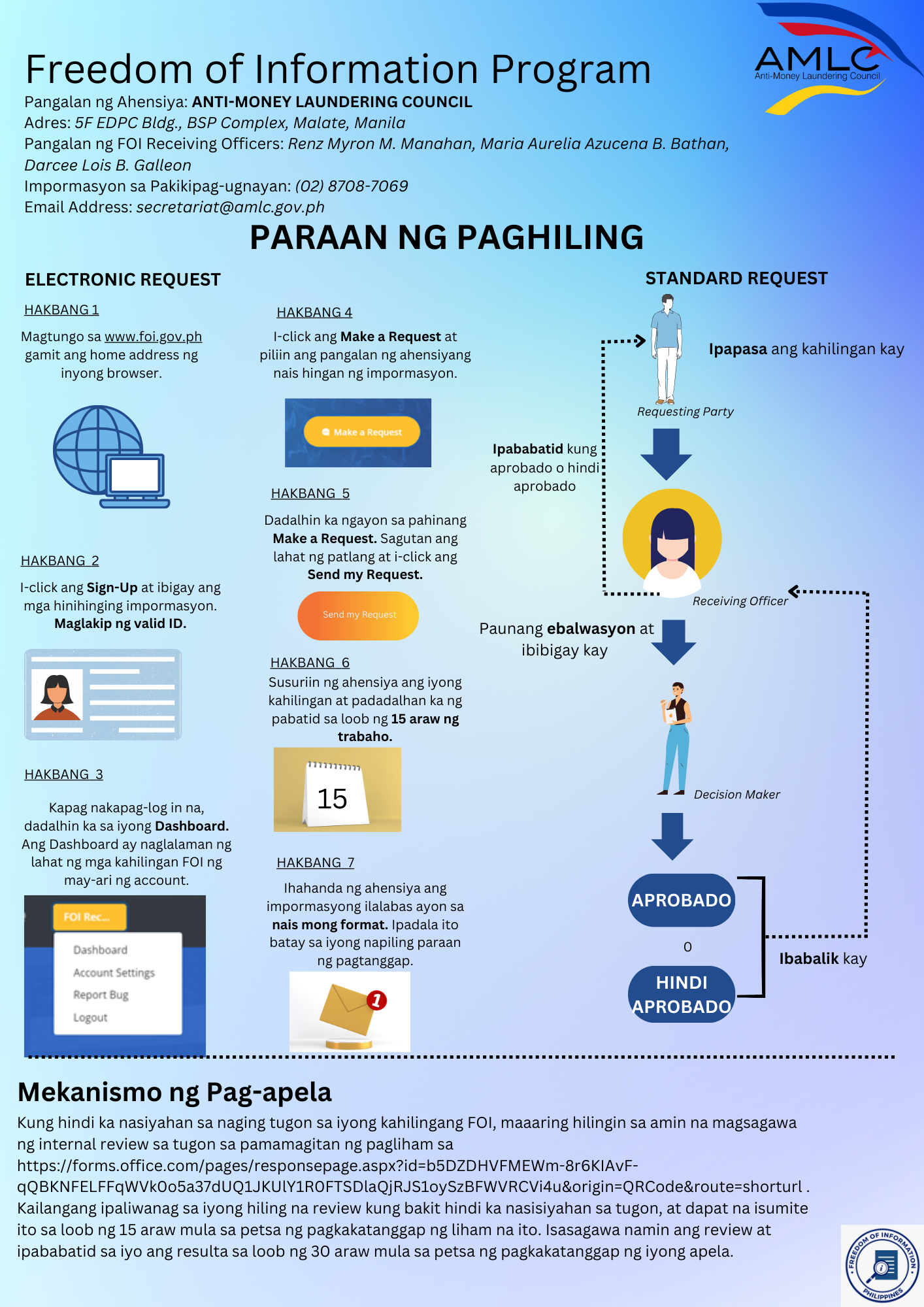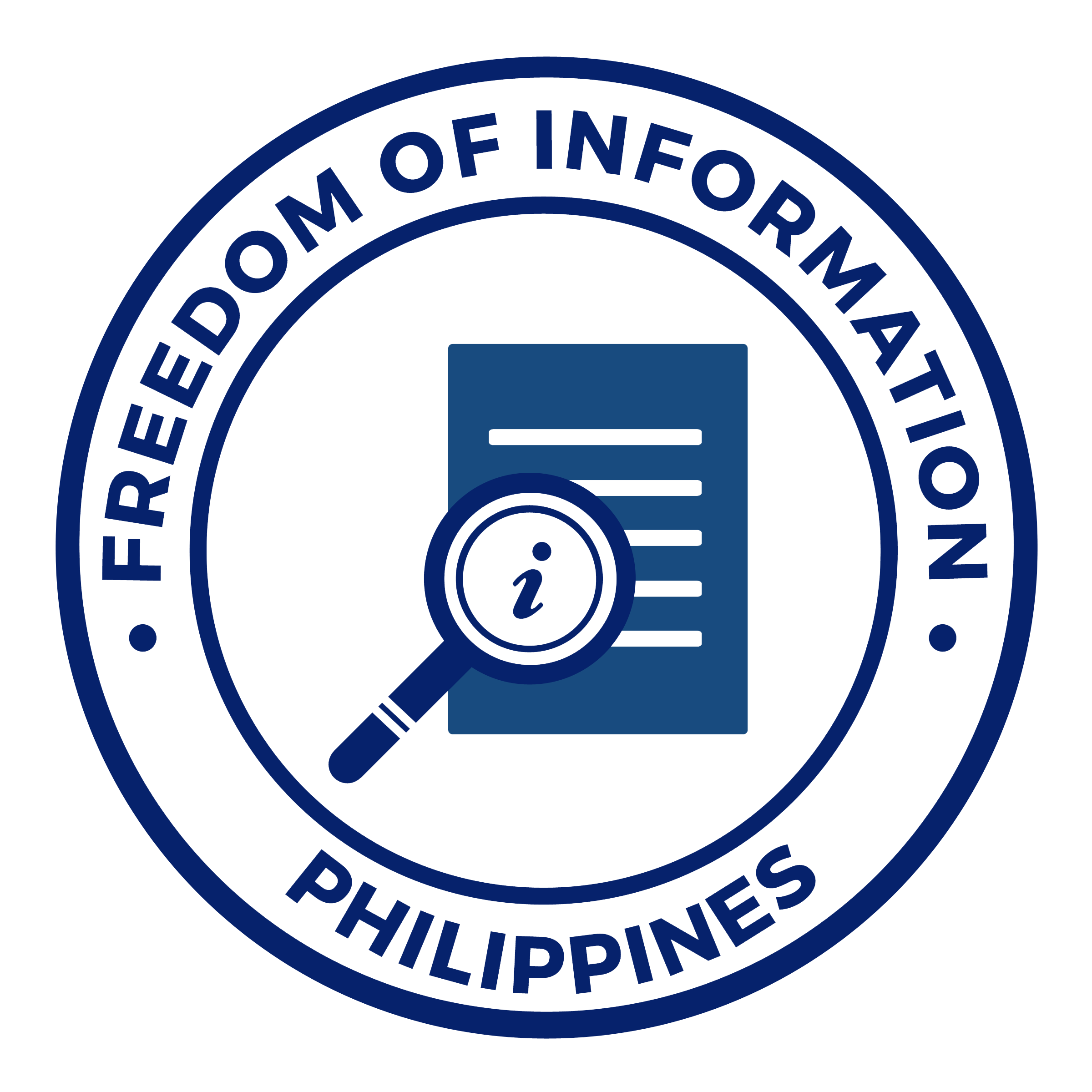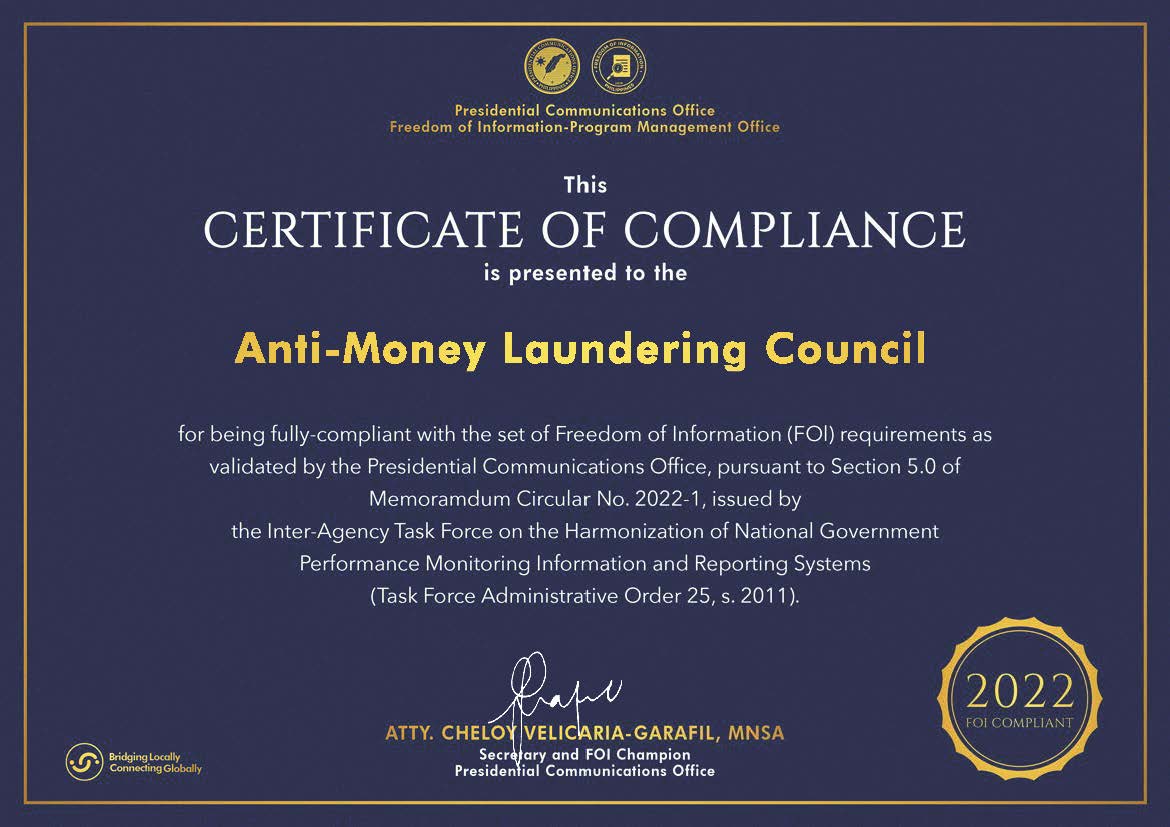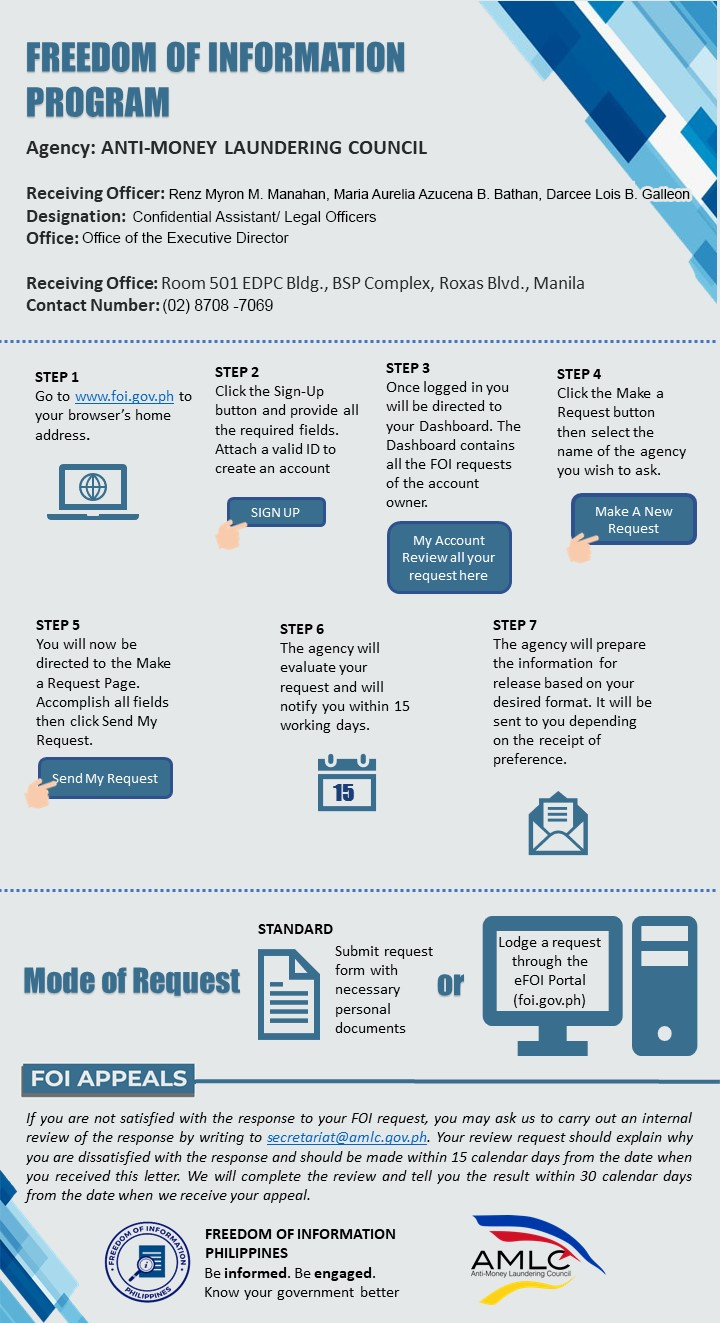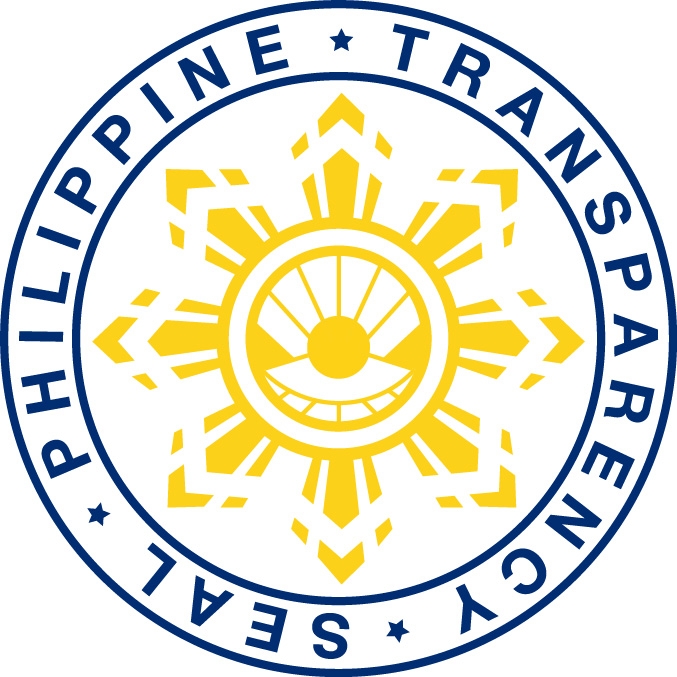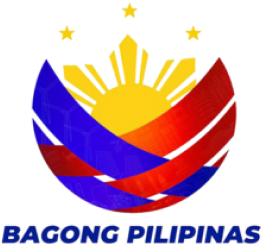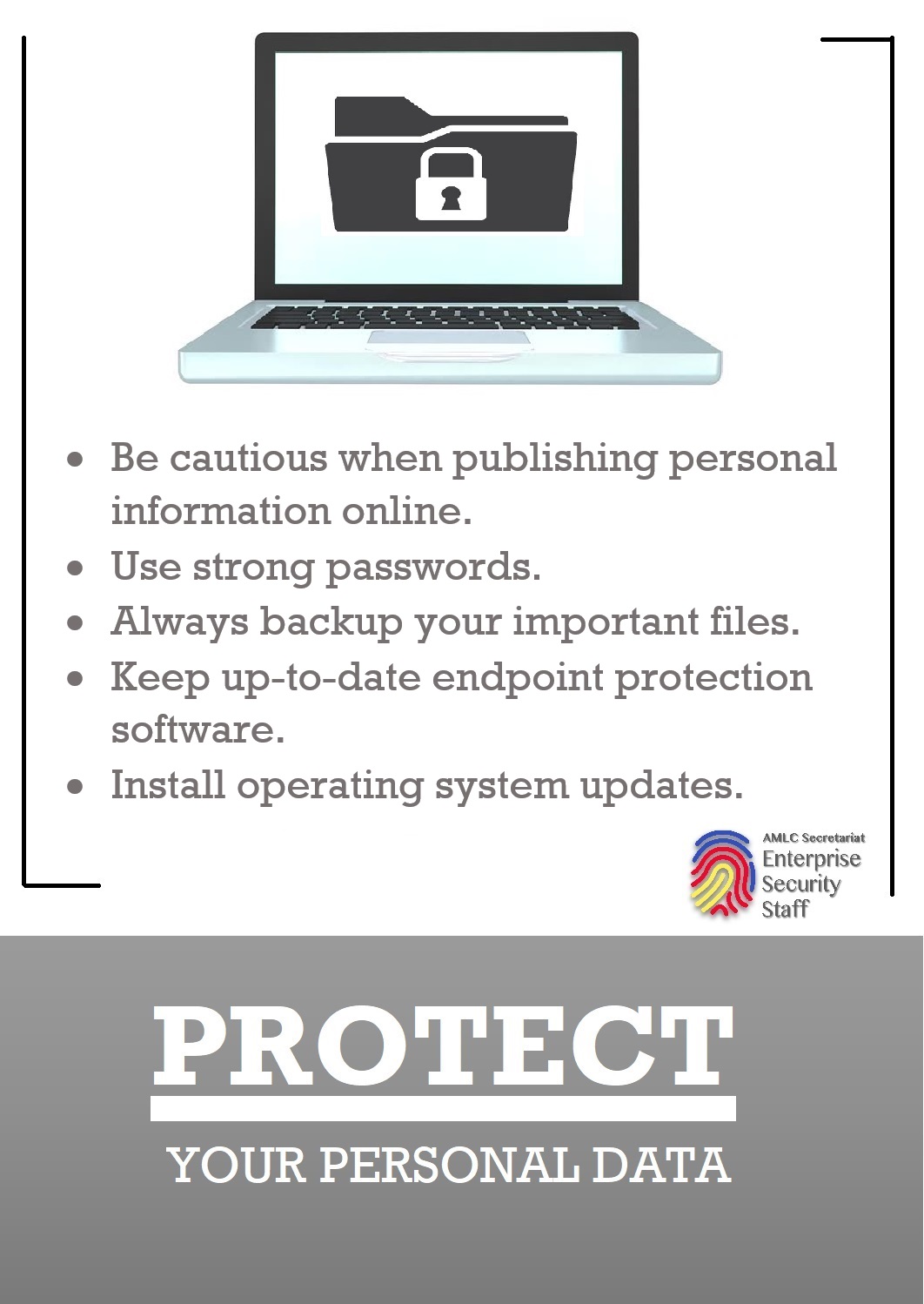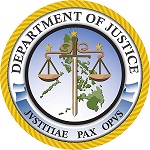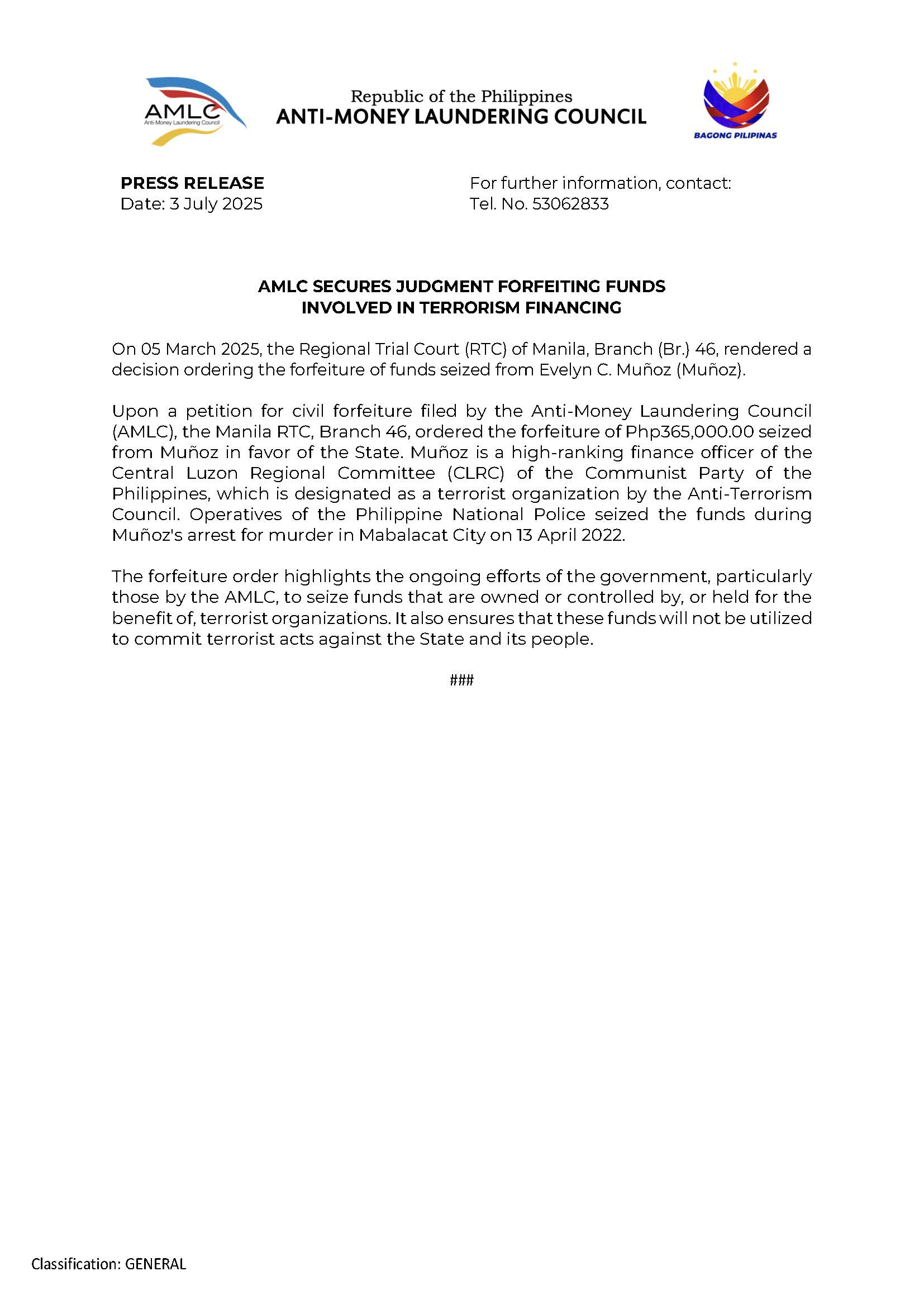Advisory on the Declaration of 20 & 23 June 2025 as Non-Reporting Days
Pursuant to Item V-B (1), Part 1 of the 2021 AMLC Registration and Reporting Guidelines (ARRG), 20 & 23 June 2025 are declared as non-reporting days and shall be excluded from the counting of the prescribed reporting period, accordingly.
Should you have any queries, you may refer to the ARRG Hotlines posted on the AMLC Website.
Advisory on the Declaration of 13 June 2025 as a Non-Reporting Day
Pursuant to Item V-B(1), Part 1 of the 2021 AMLC Registration and Reporting Guidelines (ARRG), 13 June 2025 is declared as a non-reporting day and is excluded in the counting of the prescribed reporting period.
Should you have any queries, you may refer to the ARRG Hotlines posted on the AMLC Website.
AMLC STATEMENT ON ANSON QUE CASE
The Anti-Money Laundering Council (AMLC), chaired by the Governor of the Bangko Sentral ng Pilipinas (BSP), is working closely with the Philippine National Police (PNP), the Philippine Amusement and Gaming Corporation (PAGCOR) and the casinos to investigate the alleged money laundering of the ransom money paid relating to the kidnapping of businessman Anson Que. The ransom monies were originally paid in Philippine Peso and US Dollars but were later converted to cryptocurrency.
The PNP authorities have alleged that junket operators 9 Dynasty Group and White Horse Club facilitated a money laundering operation involving approximately ₱200-million ransom paid for Que’s release. The illicit scheme reportedly utilized e-wallets intended exclusively for casino gaming, shell accounts, and cryptocurrency to obscure the money trail.
The AMLC received reports that 9 Dynasty Group and White Horse Club officially ended their junket operations in most, if not all, Philippine casinos on 7 May 2025—alongside 9 Dynasty’s reported announcement of its exit from the Philippine market. However, the AMLC remains steadfast in its commitment to probe their alleged money laundering activities.
The AMLC is actively collaborating with the PNP to gather evidence on the unlawful activities, tracing the ransom funds in all their forms, and pursuing forfeiture proceedings.
The investigation extends beyond the kidnappers who directed the ransom payment process. It also targets casino players within these junket operations who initially received the ransom funds via their e-wallets.
As to the unlicensed operations of these junket operators of e-wallets with cryptocurrency conversion capabilities, the AMLC is also coordinating with the BSP and the Securities and Exchange Commission (SEC).
Additionally, the AMLC is coordinating with foreign financial intelligence units (FIUs) to gather more information on the movement of funds originating from the Philippines.
Through this ongoing investigation, the AMLC reaffirms its dedication to upholding financial integrity, supporting the immediate resolution of this case, and ensuring that the Philippine financial system does not become a conduit for illicit activities.




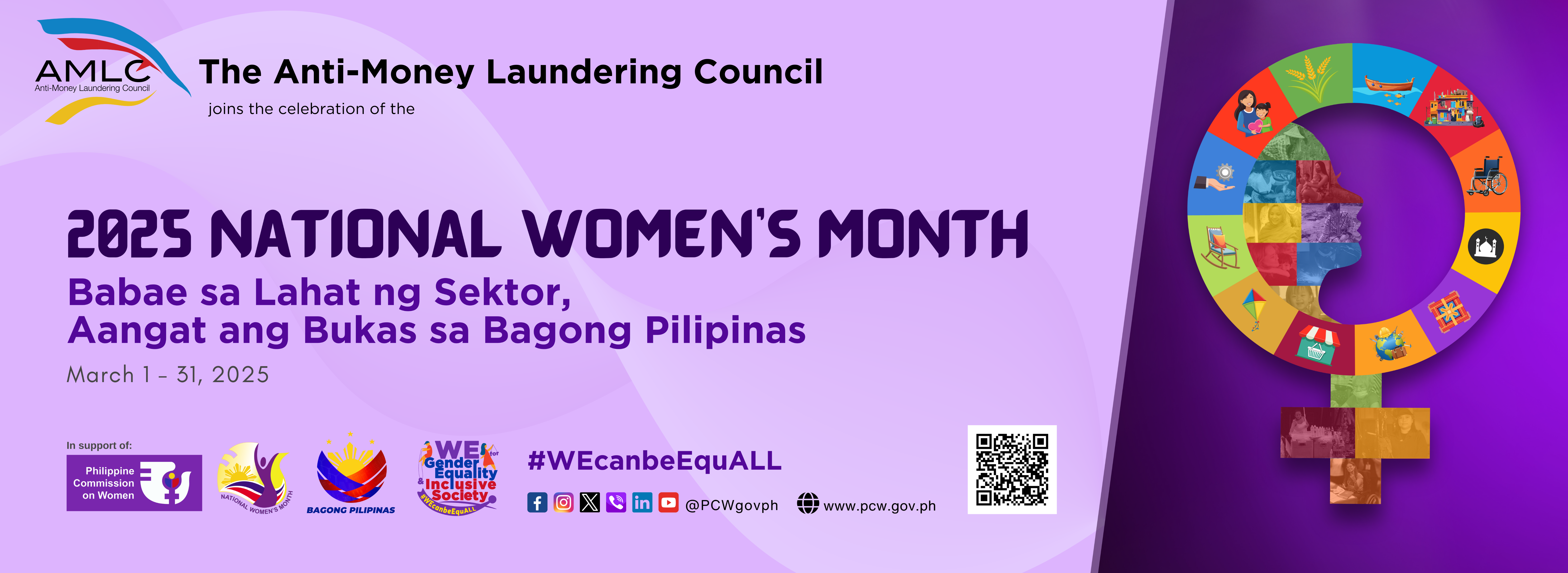


 REVISED 2 3.jpg)

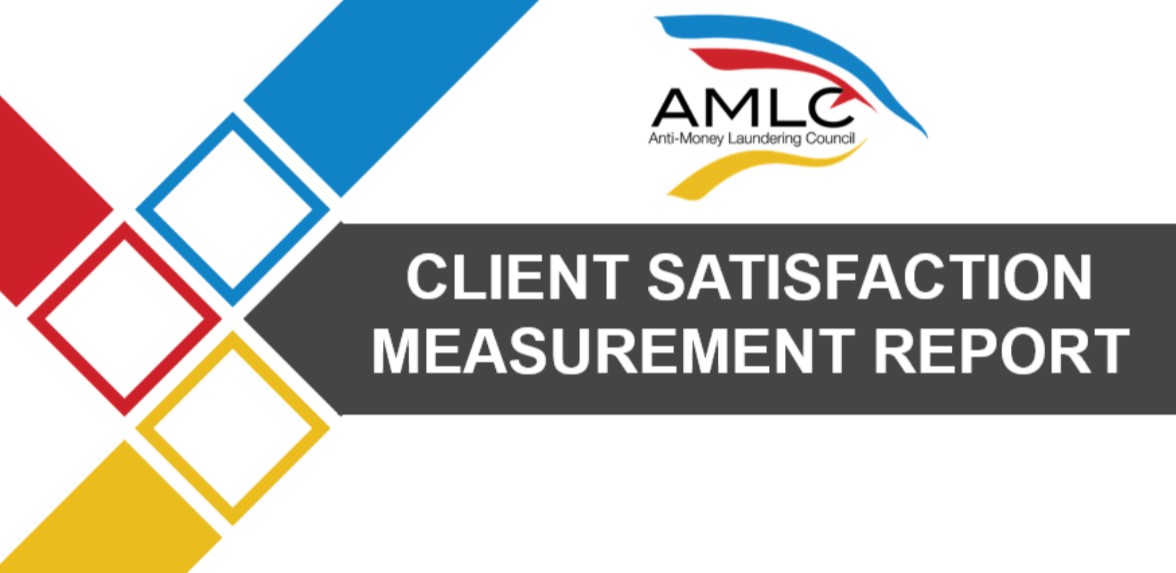 2024 (First Edition)
2024 (First Edition)